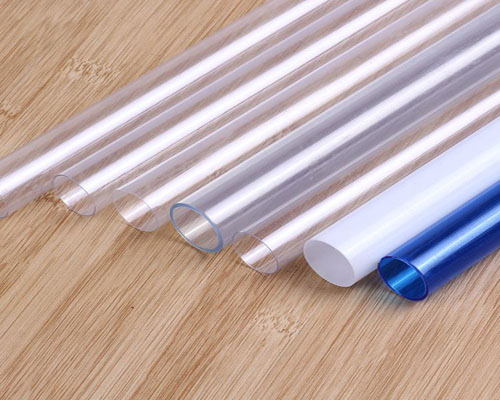
Phone Number :
07 13, 2023

The manufacture of plastic products, such as PVC hoses, often requires the development and adjustment of material formulas to ensure the desired product quality and performance. The material formula plays a crucial role in determining the physical properties, chemical resistance, and durability of the PVC hose. This article will discuss the importance of material formula development and adjustment in the manufacturing process and its impact on the quality of plastic products.
The development of a material formula for PVC hose involves a systematic approach to determine the appropriate ingredients and their proportions. Various factors need to be considered, including the desired flexibility, tensile strength, and temperature resistance of the hose. The material formula should also take into account the end-use requirements, such as resistance to chemicals, UV radiation, and abrasion.
Different additives, such as plasticizers, stabilizers, and fillers, are commonly used in PVC hose production. Plasticizers enhance flexibility, while stabilizers improve the heat and light resistance of the hose. Fillers, on the other hand, are used to reduce cost and improve mechanical properties. The optimal combination and dosage of these additives are determined through extensive testing and evaluation.
After the initial development of the material formula, adjustments may be necessary to optimize the performance and meet specific requirements. Factors such as environmental regulations, market demands, and cost considerations may prompt the need for formula adjustments.
For instance, if a PVC hose needs to comply with stricter regulations on chemical content or toxicity levels, the material formula may require modification. This adjustment may involve replacing certain additives or altering their proportions to ensure compliance without compromising the overall performance of the hose.
Additionally, feedback from customers and end-users can provide valuable insights for material formula adjustments. For example, if a PVC hose is experiencing premature wear or failure in specific applications, the material formula can be adjusted to enhance its durability and resistance to the identified factors.
To ensure consistent quality and performance, rigorous testing and quality control measures are essential throughout the PVC hose manufacturing process. The material formula plays a critical role in meeting the required standards and specifications.
Physical tests, such as tensile strength, elongation at break, and hardness, are conducted to evaluate the mechanical properties of the PVC hose. Chemical resistance tests assess the hose's compatibility with different substances and verify its resistance to corrosion and degradation. Other tests, including flexibility, impact resistance, and heat aging, help assess the overall performance and durability of the hose.
The development and adjustment of material formulas for PVC hose production are crucial for ensuring the desired product quality, performance, and compliance with regulations. A well-optimized material formula, combined with efficient quality control and testing, enhances the manufacturing process and leads to the production of high-quality plastic products. Manufacturers should continuously invest in research and development to improve material formulas and stay attuned to market demands and regulatory requirements.